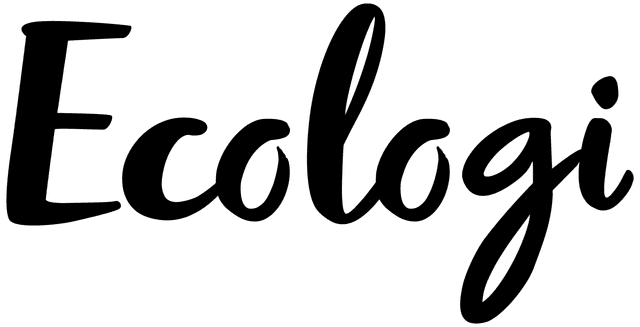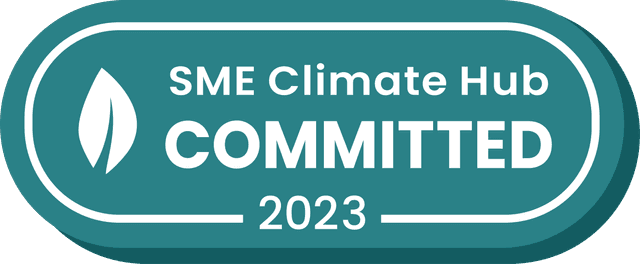)
In the dynamic spheres of digital design here at MAJOR, the pursuit of 'better'—more intuitive websites, more compelling designs, and more immersive digital experiences—demands a bold embrace of failure. Something we've learned to do over time. How? by taking a leaf out of the scientist's notebook.
In the world of scientific inquiry, failure isn't just a possibility; it's an expectation.
This mindset can offer a transformative perspective on failure, turning it from a source of fear into a catalyst for growth. Understanding how to 'fail like a scientist' empowers us to approach our challenges and curiosities confidently and resiliently.
Redefining Failure
The scientific method is grounded in experimentation, where failure is not a dead end but a vital part of the process. Each 'failed' experiment is a learning opportunity, offering valuable data that guides the next steps. In this light, redefining failure as a necessary step towards discovery and continually sharpening our creative edge is key. It's not about reckless abandon, but about measured risk-taking that continuously informs and refines our understanding.
The Hypothesis of Success
Scientists begin with a hypothesis—an educated guess that directs their inquiry. When we align our goals with a hypothesis rather than a fixed outcome, we allow ourselves the flexibility to adapt and evolve our strategies. This shift in mindset from a rigid goal to a fluid hypothesis can reduce the fear associated with not meeting specific expectations.
Our design hypotheses are the guiding stars of our creative exploration, positing not just end results but envisioning enhanced user experiences. When a concept doesn't resonate with an audience as anticipated, or is proved invalid through testing, it's not a misstep but a pivot point that directs us to a more impactful solution.
Controlled Conditions
In the spirit of scientific investigation, we have cultivated a laboratory of innovation—virtual project spaces where ideas can be trialled, tested, and sometimes fail, without dire consequences. A controlled environment allows for bold experimentation, ensuring that when we aim for 'better', we do so with the safety net of a supportive framework that nurtures creativity and minimises the potential negative impact of failure.
Data Analysis: Learning from Outcomes
When a scientist's experiment doesn't go as planned, they analyse the results to understand why.
Each project, each iteration, brings with it a wealth of data. In the event of an unexpected outcome, we delve into this data with a forensic eye, eager to uncover the hidden insights that will drive our next creative breakthrough. It's this analytical approach that ensures our commitment to 'better' is more than just aspirational—it's actionable and grounded in real-world feedback.
Peer Review: The Role of Community
In science, peer review is essential for validation and improvement. Sharing our explorations—successes and failures alike—within our community of designers, developers, strategists, and client stakeholders fosters a culture of collective wisdom and continuous improvement. This open dialogue is instrumental in our quest to craft digital experiences that not only meet but exceed expectations.
Embedding this collaborative approach into the learning culture at MAJOR, helps to normalise failure and build trust between internal and external stakeholders.
Iterative Processes: The Power of Persistence
Science advances through iterative processes—repeating experiments with refined methods based on past outcomes. Adopting this approach in our endeavours means committing to continuous improvement, not being deterred by setbacks, and understanding that progress is often incremental. Very rarely are our projects just a one-and-done. All of our clients understand that there are always improvements to be made and extra value to be discovered.
Our unwavering commitment to iteration underpins our belief that there is always room for 'better'—better functionality, better aesthetics, and a better user journey.
Cultivating a Scientific Mindset
To 'fail like a scientist' is to embrace a mindset that sees failure not as a reflection of personal worth or ability, but as an integral part of the journey towards innovating for, and understanding our audiences.
By adopting the practices of hypothesis testing, controlled risk-taking, data analysis, community sharing, and iterative improvement, we have overcome our fear of failure and approach our project objectives with a sense of curiosity and resilience.
And, in doing so, we not only advance our personal and professional growth but also contribute to a culture where failure is respected as a master teacher on our continuous quest to create more impactful, memorable digital experiences.
&w=64&q=10)
)
&w=64&q=10)



